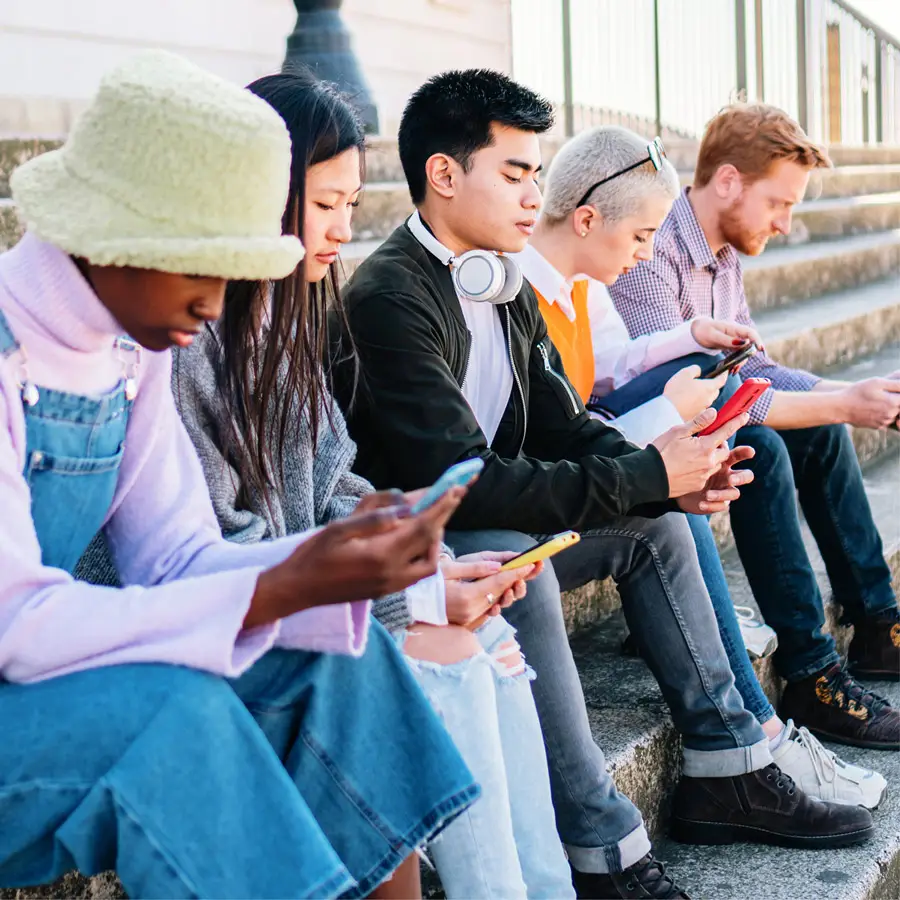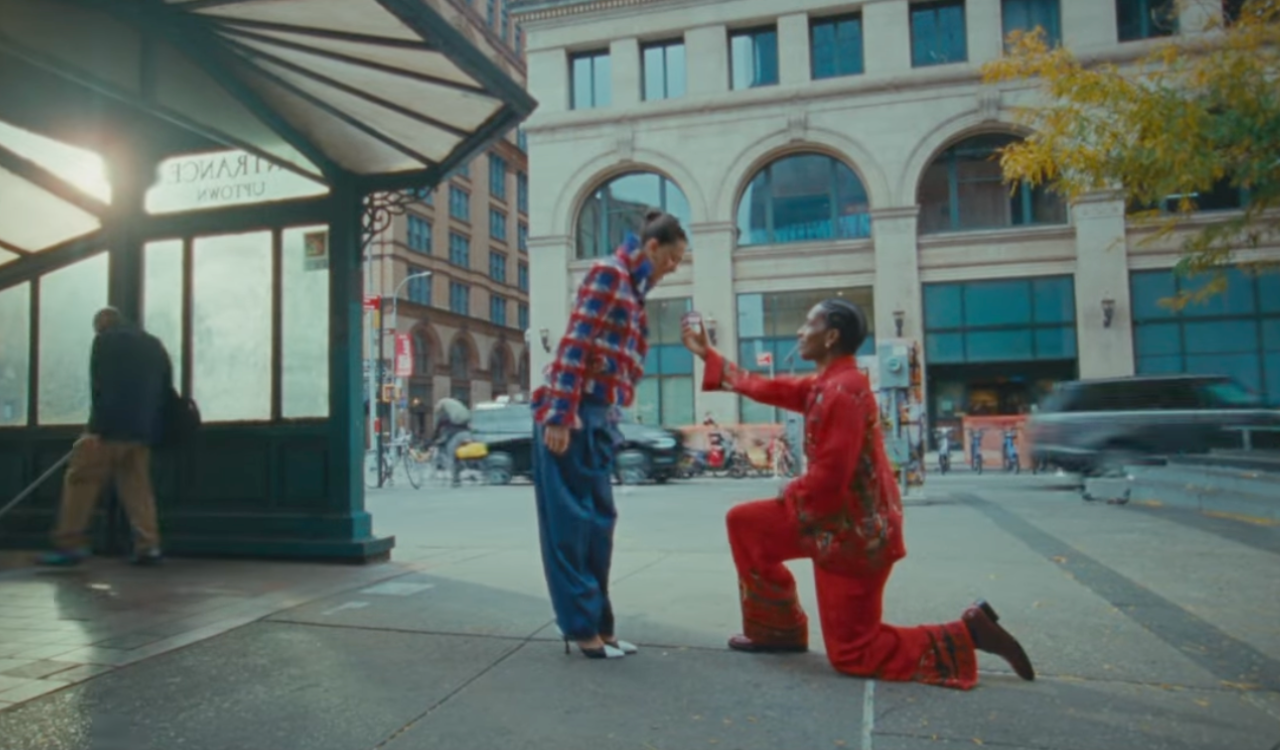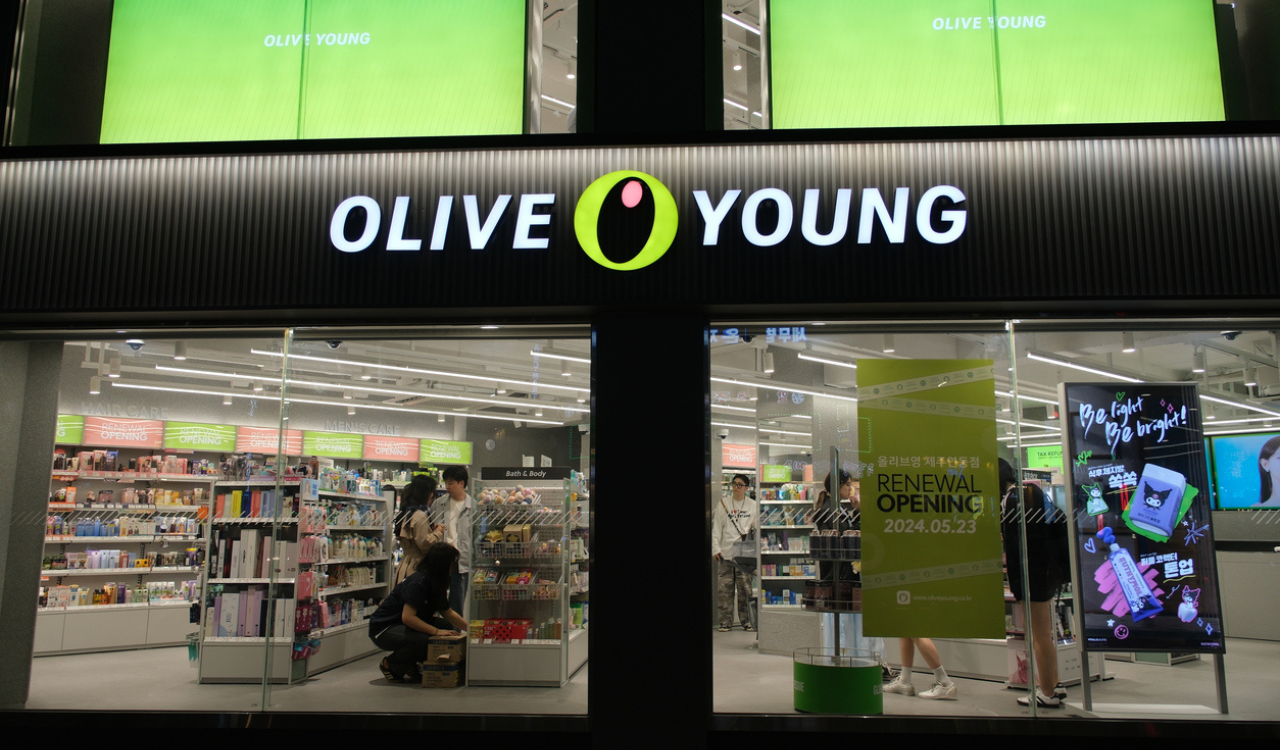It’s time for some straight talk about Gen Z and retail. This isn’t about their ethical, social justice, and climate issues. It’s about a current of concern about our future leaders and what they are facing in their 20s. And their needs must be addressed by retailers if they want a healthy, productive workforce. There’s a lot more than meets the eye with Gen Z.
Digital Natives
It’s no secret that Gen Z is a unique demographic. Their wariness of convention and the fact that many of them came of age during a global pandemic has long set their consumer behavior apart from their predecessors. Perhaps, then, it will come as no surprise that Gen Z has trouble with some of the verbal and nonverbal skills that other generations took for granted.
In video calls, nonverbal communication can be as essential to getting a message across as what’s being said. That’s exactly where Gen Z can’t hang. Remember a decade ago when we said we had no idea how smartphones and social media would impact the next generation? Now that we do, the reality of the new digital world we’ve created is surreal and concerning.
With that said, let’s take a look at the reasons behind the communication crisis, and what it might mean for the retail industry.
The Reasons Behind the Communication Crisis
There are many reasons that Gen Z is struggling to express themselves through body language: coming of age during the pandemic lockdowns and around 7.5 hours of screen time a day, for starters. Rising rates of depression, anxiety, and autism diagnoses also make the cut. The result? Trusted firms such as Deloitte and PwC are releasing pretty basic nonverbal communication guidelines and courses to help next gens communicate effectively with their peers and managers. Here’s a snippet from Deloitte’s latest guidelines on video conferencing communication:
“…paying close attention to how teammates sound can provide greater insight into the way they are feeling and their reactions to a particular conversation. For example, if you are trying to gauge the reaction to an idea, silence can often signal you have lost the audience and/or they are deep in thought.”
While this type of guidance seems comically intuitive for most people born before 1990, the explanation of basic nonverbal cues is exactly what some next gens need to hear. No, it’s not an episode of “Black Mirror,” it’s just the reality of digital natives’ limitations. Nonverbal communication, both in the workplace and in day-to-day life, is a significant challenge for the next generation. And managers of Gen Z need to be empathetic mentors in teaching their younger employees how to up their game when communicating, on all levels.
Mental Health Awareness Means Gen Z Has Different Expectations
In addition to growing up juggling screens during a global pandemic, one out of every 36 children today is diagnosed with autism, although researchers have yet to home in on the exact cause. But it’s important to note that next-gen consumers are more aware and accepting of neurodiversity than any generation that came before. We’ve spoken before about Gen Z’s mental health crisis and members of Gen Z continue to report more mental health issues than any other demographic. This generational acceptance of what it’s like to be different needs to be embedded into any retail workforce culture. Gen Z expects compassion and support.
Alongside the rise in mental health diagnoses is also a rise in mental health prescriptions. Pharmacy Times reports that prescriptions for Adderall increased by more than 30 percent over the past five years, accelerating even more dramatically during the pandemic –– leading to a global shortage of commonly prescribed and abused drugs, including the ADHD medication, Adderall, as well as methylphenidate, which is a substitute.
In terms of brand awareness, Gen Z feels like mental health-oriented brand messaging is simply a part of the brand transparency that they require from modern retailers. A whopping 71 percent of Gen Z consumers like it when brands make mental health a part of their marketing. Struggles with mental health aren’t a political issue. They aren’t relegated to a certain economic sect, either. They’re a challenge that’s growing in scope and impacting the broad majority of next gens. And, frankly, they’re sick of brands and retailers pretending that nothing’s changed.
Call It Evolution or Devolution, It’s Still a Cry for Change
Who could have expected that crying on Instagram Live would generate more praise from next gens than posting edited photos? But it does. It’s a verifiable trend, as stated in LA Times even back in 2021.
The world has changed, and so have the young people that populate it. Their shorter attention spans, their need to be publicly vulnerable, their lack of social acumen, and their expectations that the brands they buy from address their issues are all indicative of this change.
Whether one feels that this is an evolution or devolution is irrelevant: it’s happening. Gen Z has never been known for being quiet or demure about the issues they face as individuals. The struggle to connect through nonverbal communication is no different. Google “mental health and social media” and you’ll see pages of studies linking social media use to depression, anxiety… even self-harm and suicidal thoughts.
What you won’t see is the proliferation of memes and social media groups dedicated to making light of highly specific mental health challenges. Social is where Gen Z goes to share their personal experiences, laugh, cry (publicly), and connect with others that feel also feel isolated in their struggles.
What Does This Mean for Retail?
In this environment, body language simply isn’t the be-all, end-all for next gens that it was for their predecessors. Raw and unfiltered self-assessment has come to replace the enhanced self-representation of older co-workers. This means that, when asked to present themselves in a professional forum, most Gen Zs aren’t quite sure what to do with their hands. Opportunity knocks. Gen Zs admittedly ask for coaching on how to present the best, authentic versions of themselves.
Also, many next gens are uncomfortable presenting the edited versions of themselves that the workforce still requires. They’d rather have open discussions about their challenges and successes. So, why are so many retailers still struggling to respond? Blue Sky thinking about the next-gen experience, is running modern retailers into the ground. Don’t assume anything. What the younger workforce needs is a safe space to share and learn from others.
Sure, it’s tempting to ignore Gen Z’s struggle to understand the basics of body language and to overlook their mental health issues. But, to do so means that a particular brand/retailer is placing itself directly at odds with the rawness and transparency that next-gen consumers so greatly respect. Training, coaching, and mentoring younger workers is critical. It’s also time for retailers to get honest and get raw. It’s time for retailers to show next gens that their company is also a bunch of people having a flawed human experience, and that’s okay. Inclusiveness is a powerful, authentic way to bring a workforce together.





